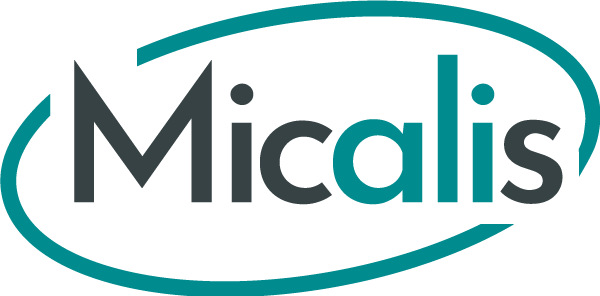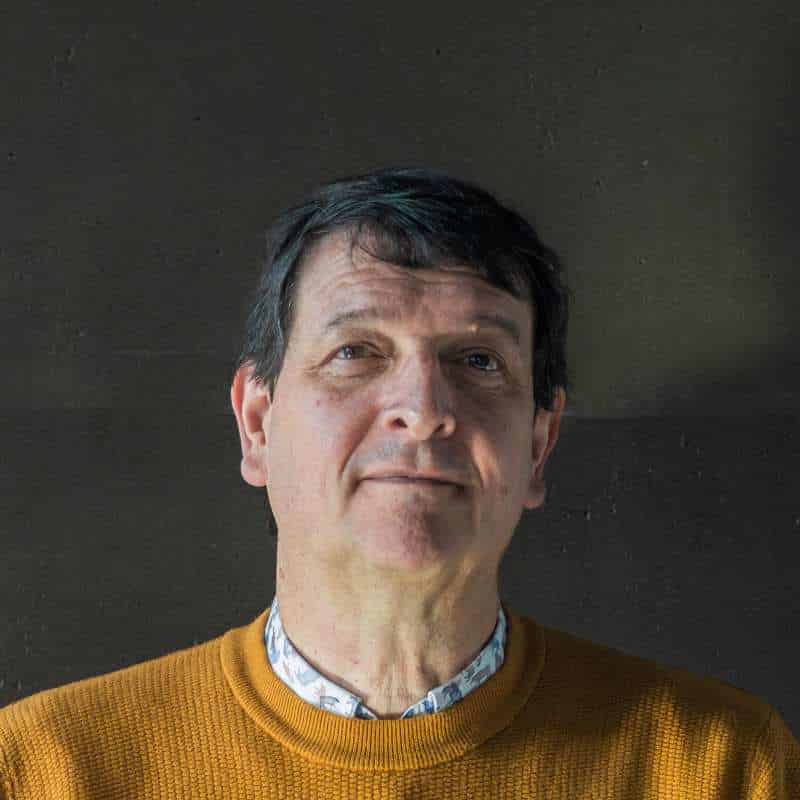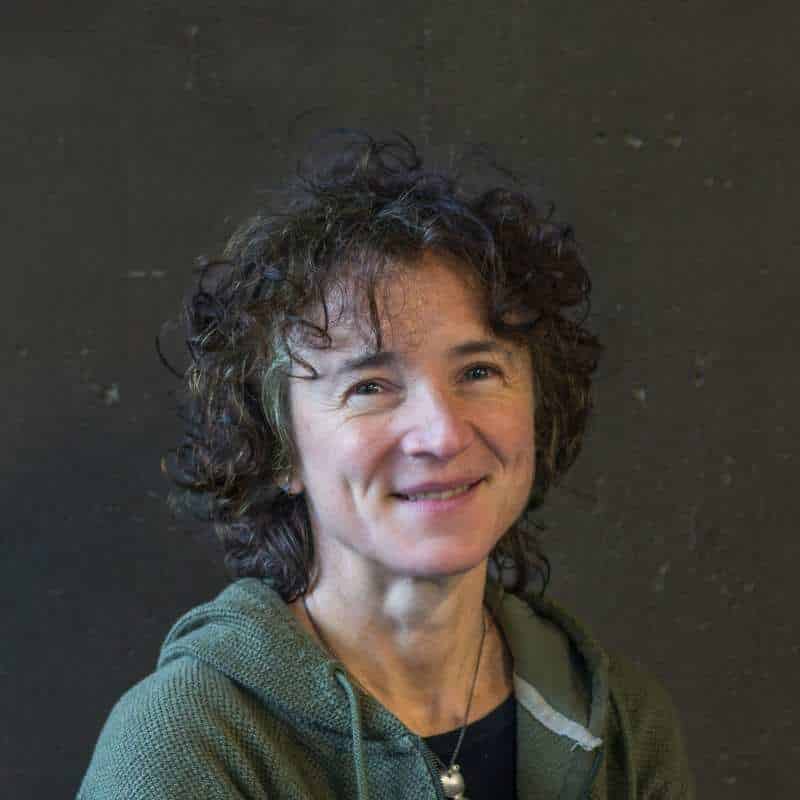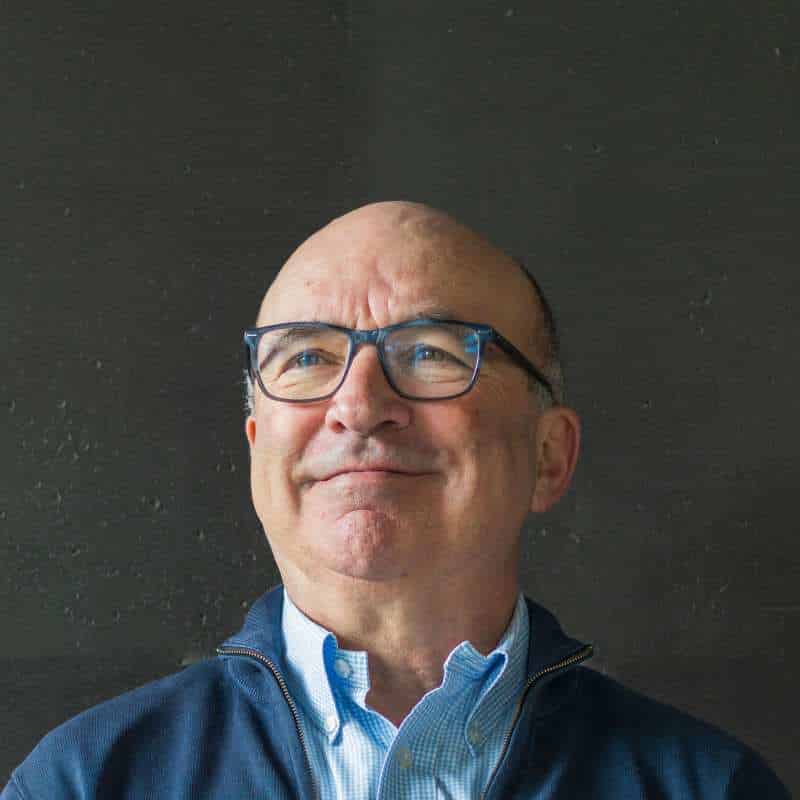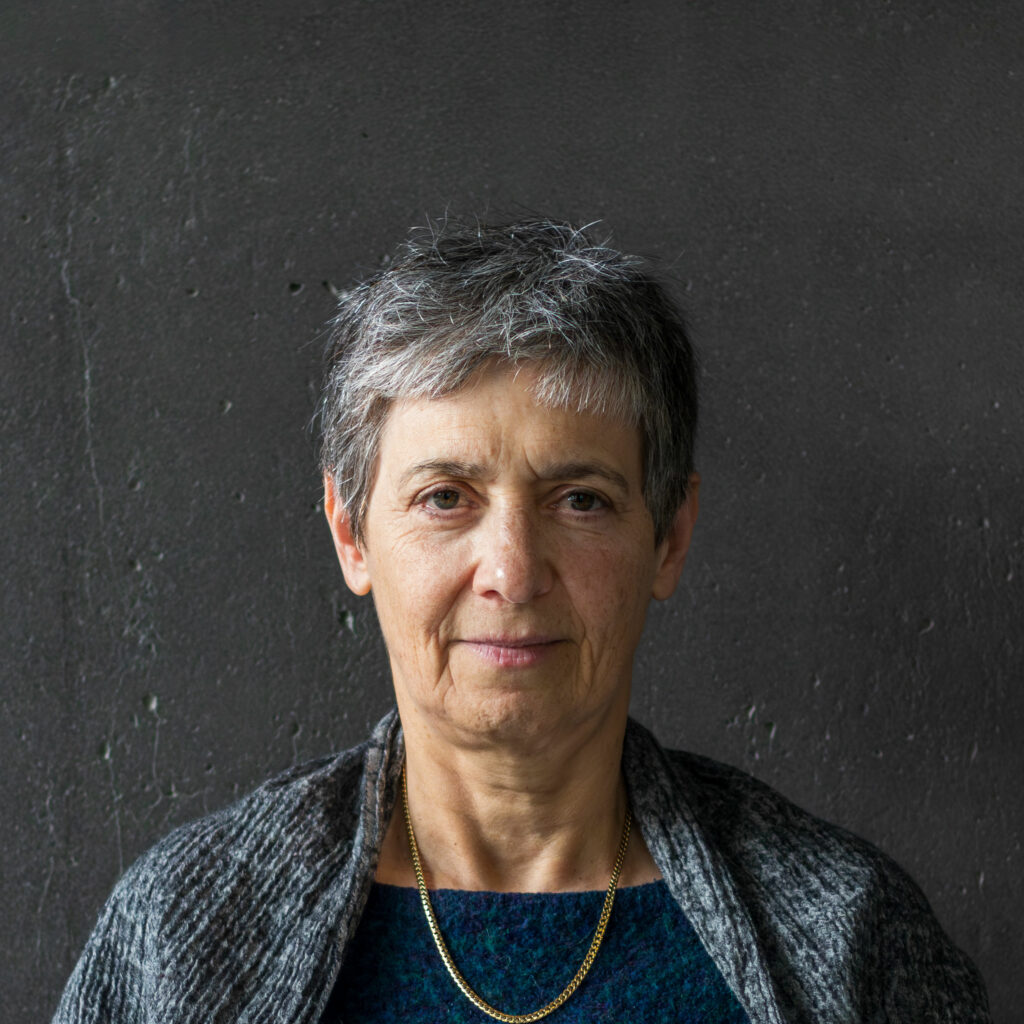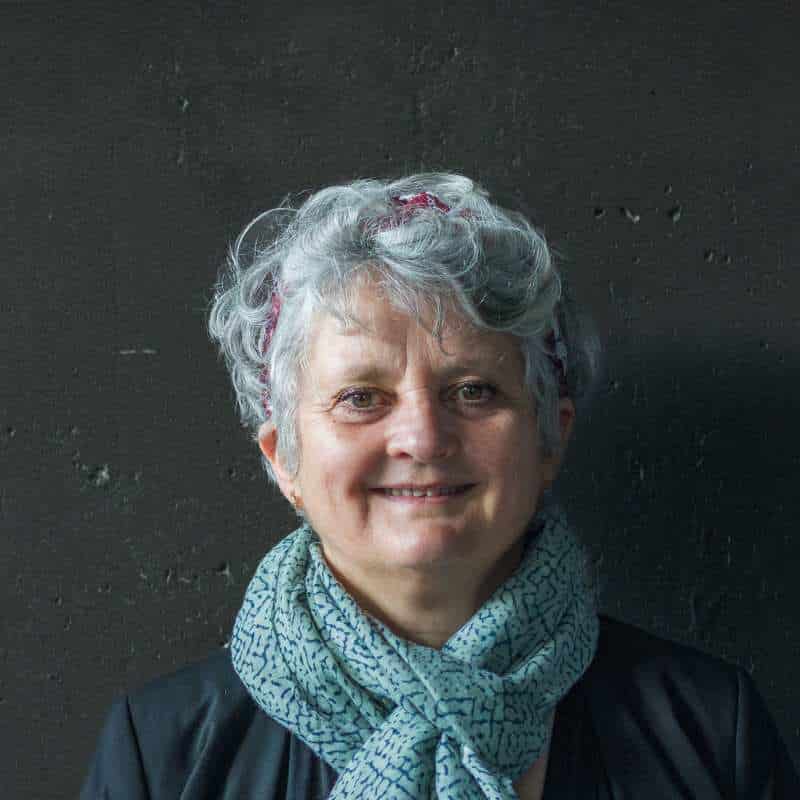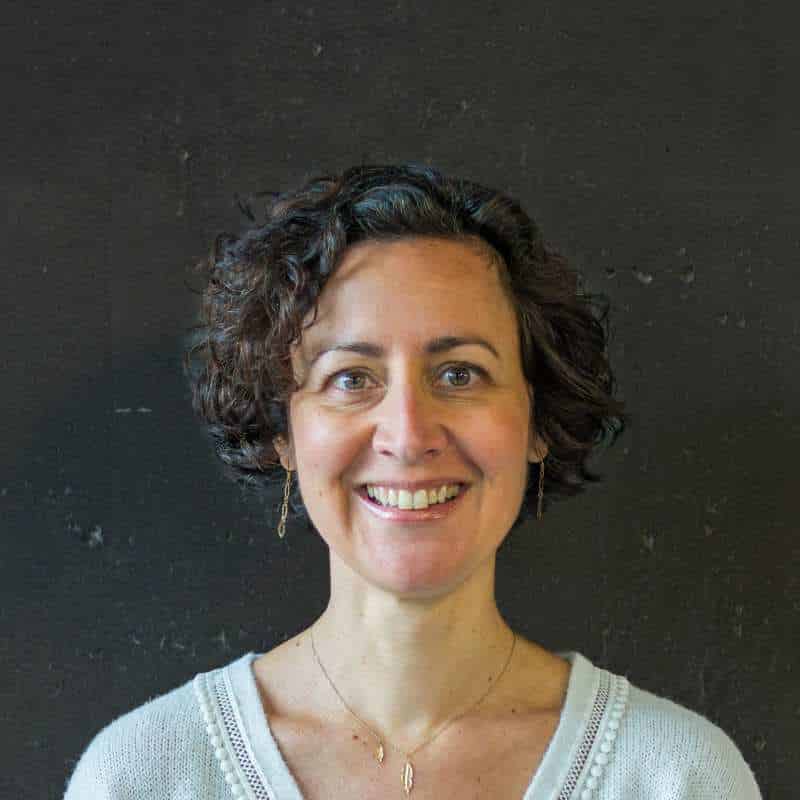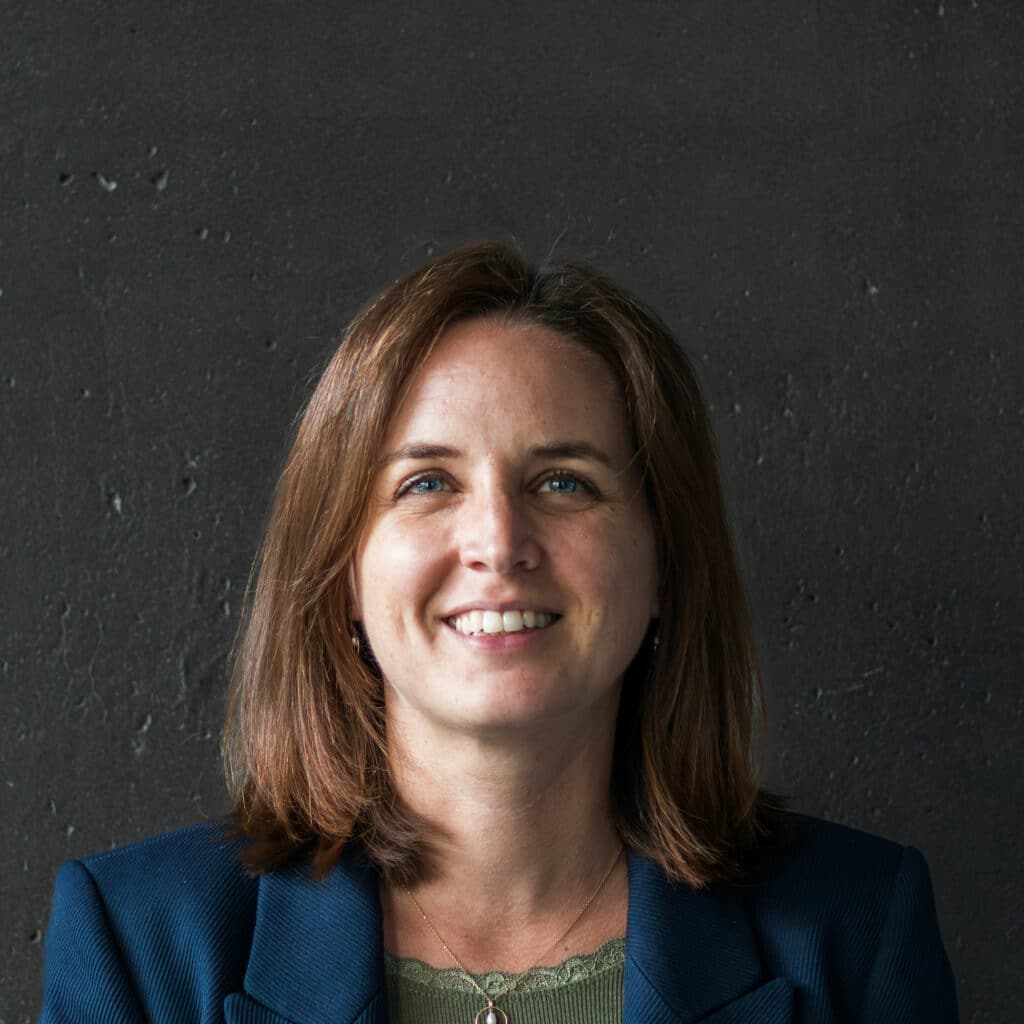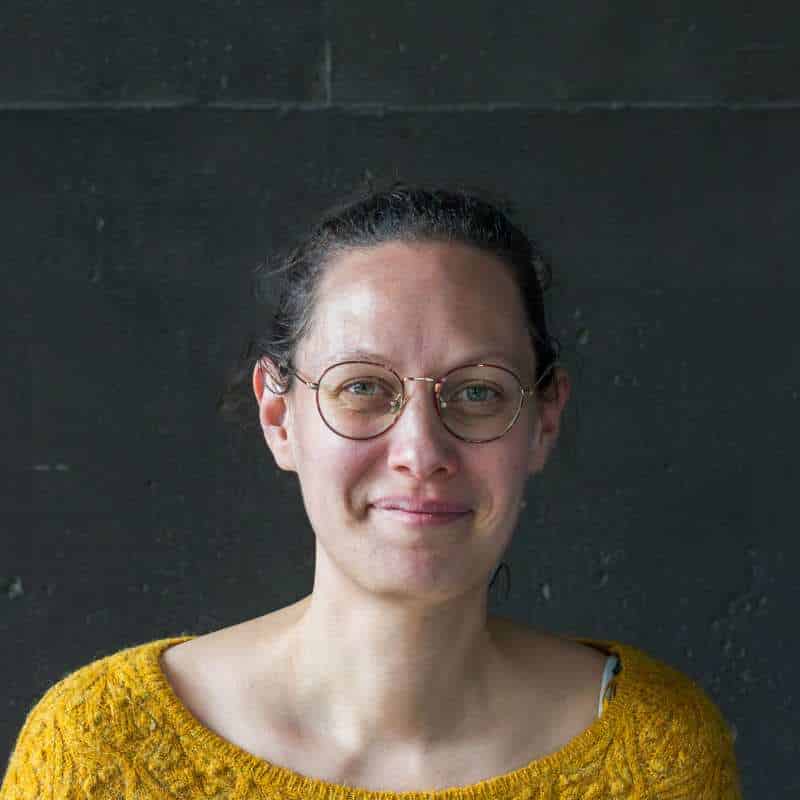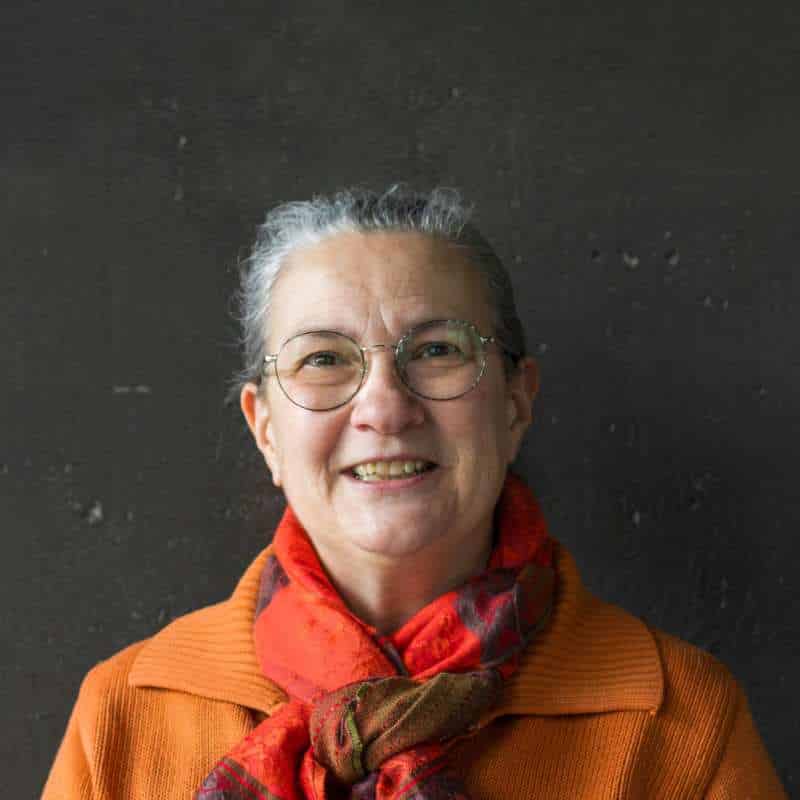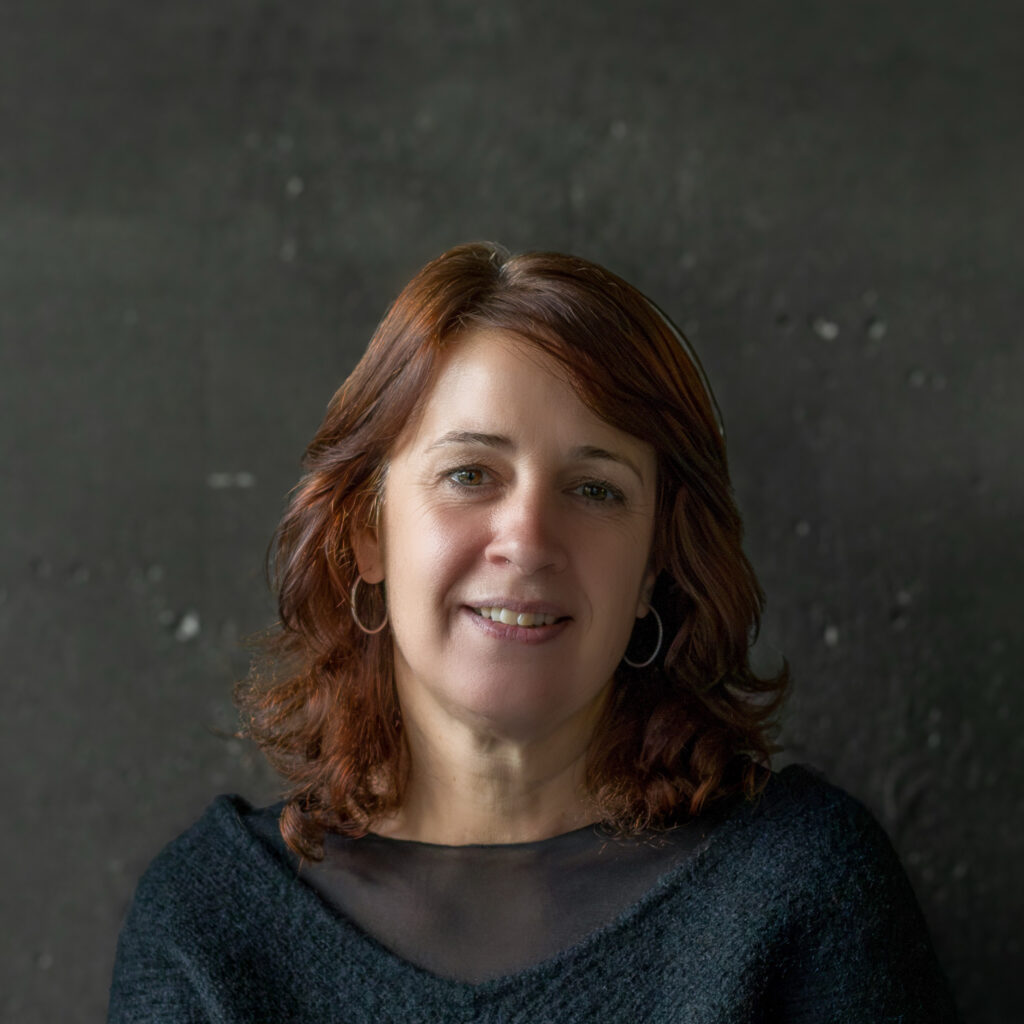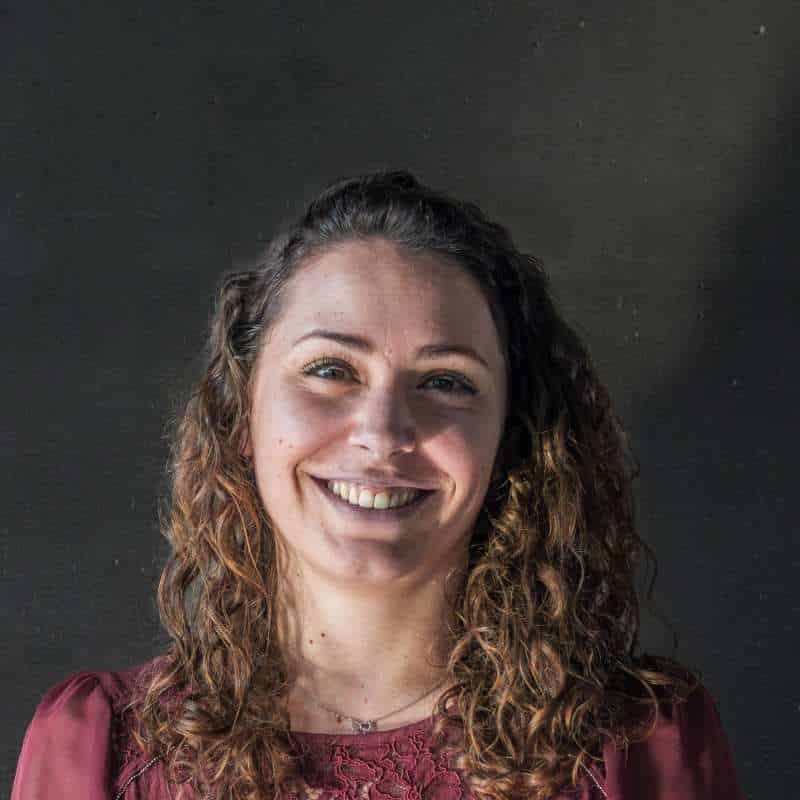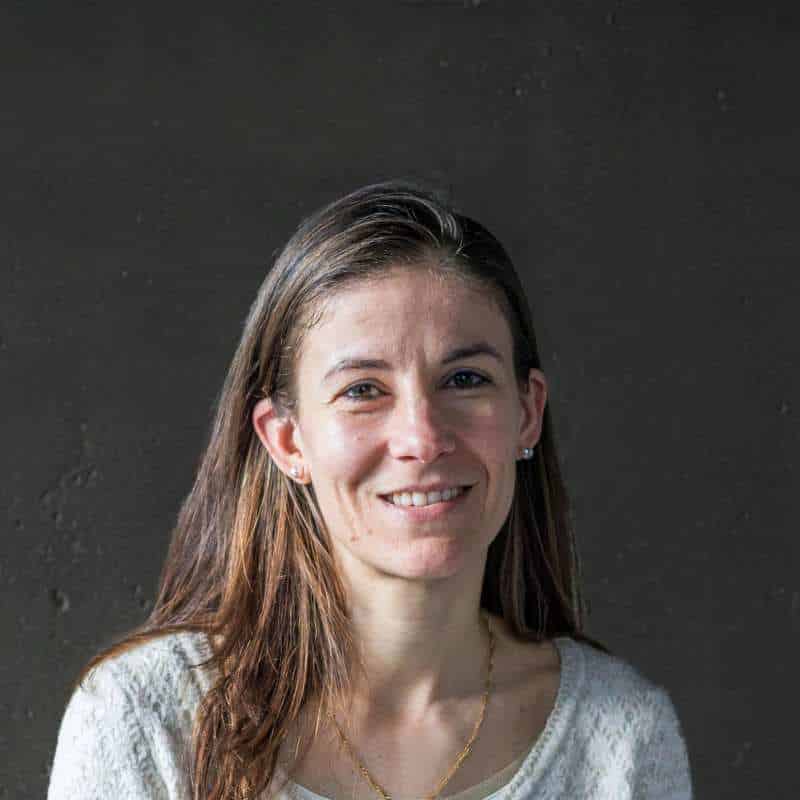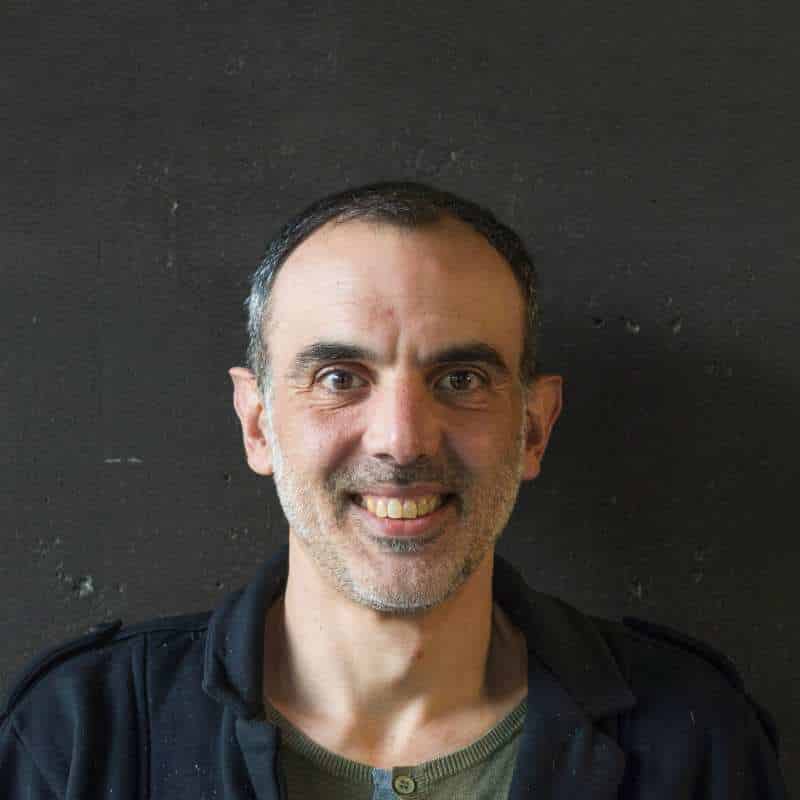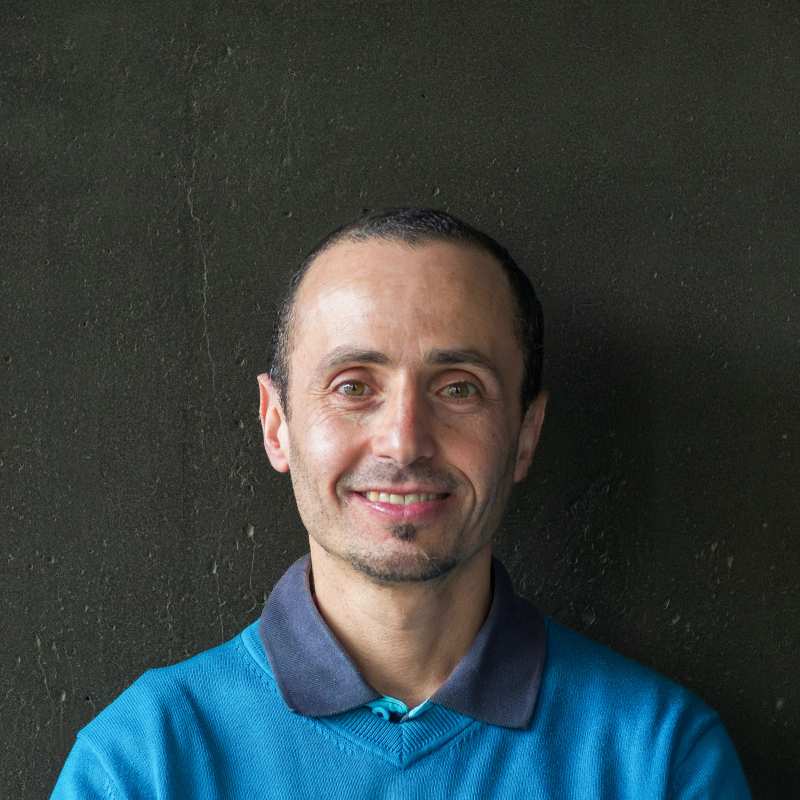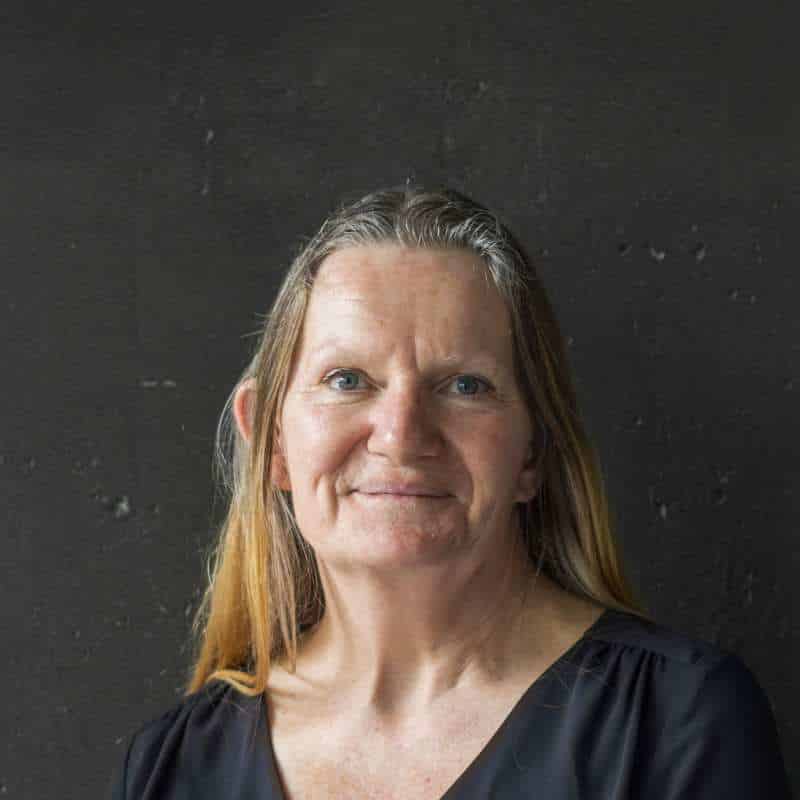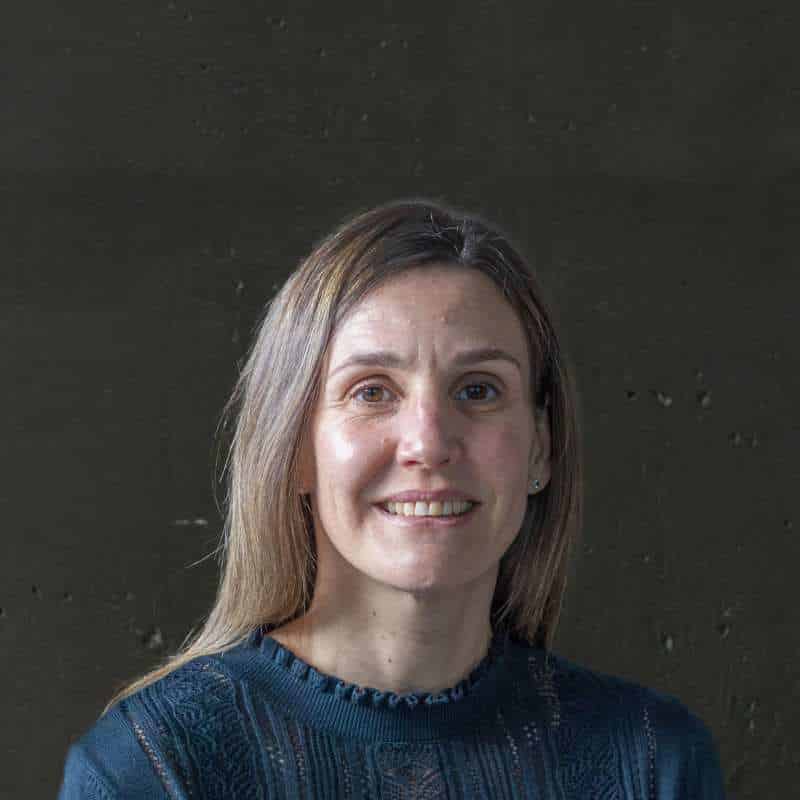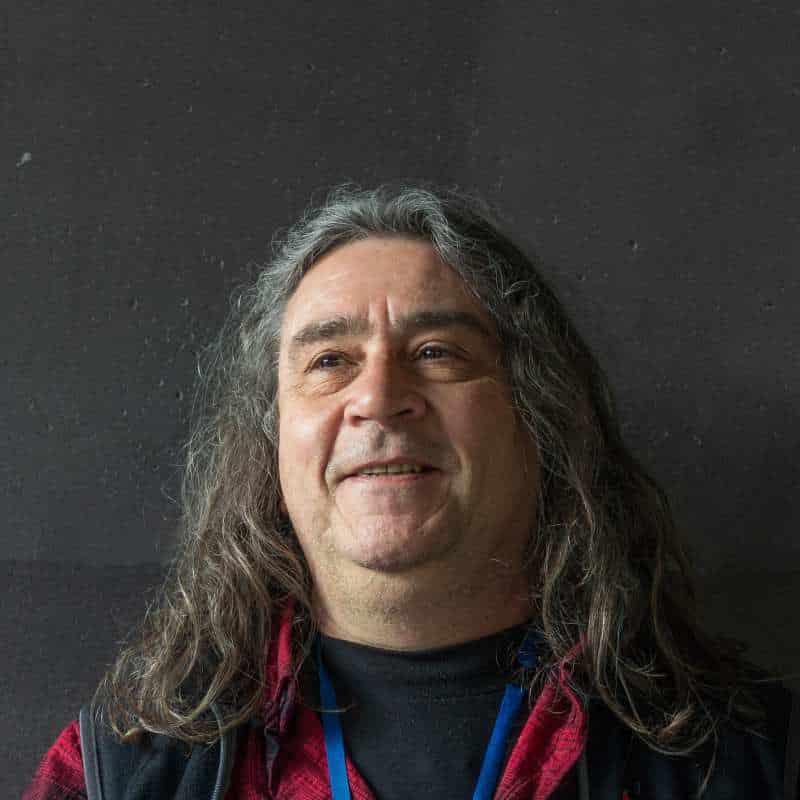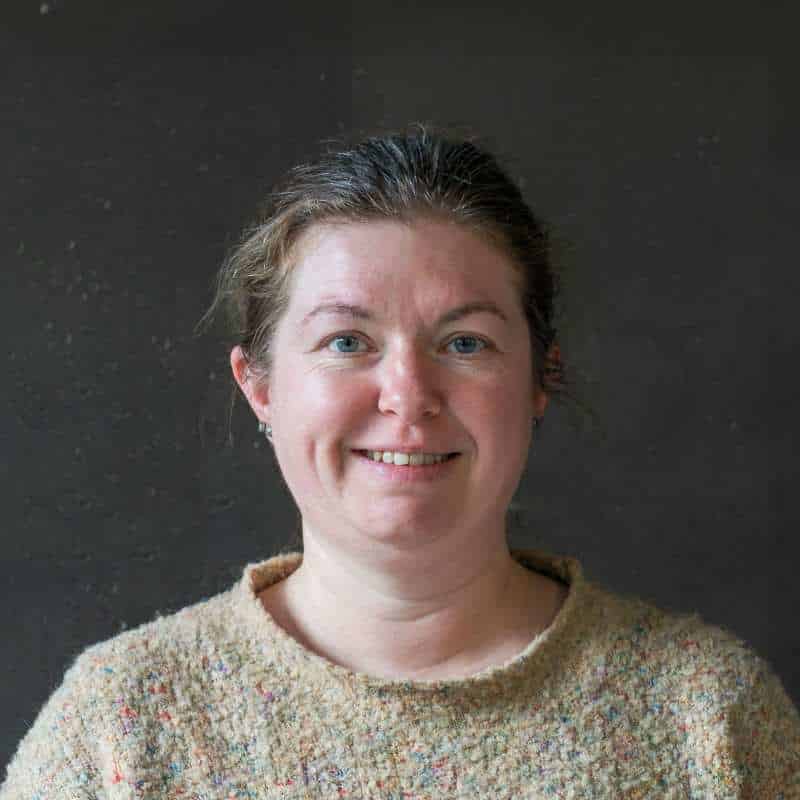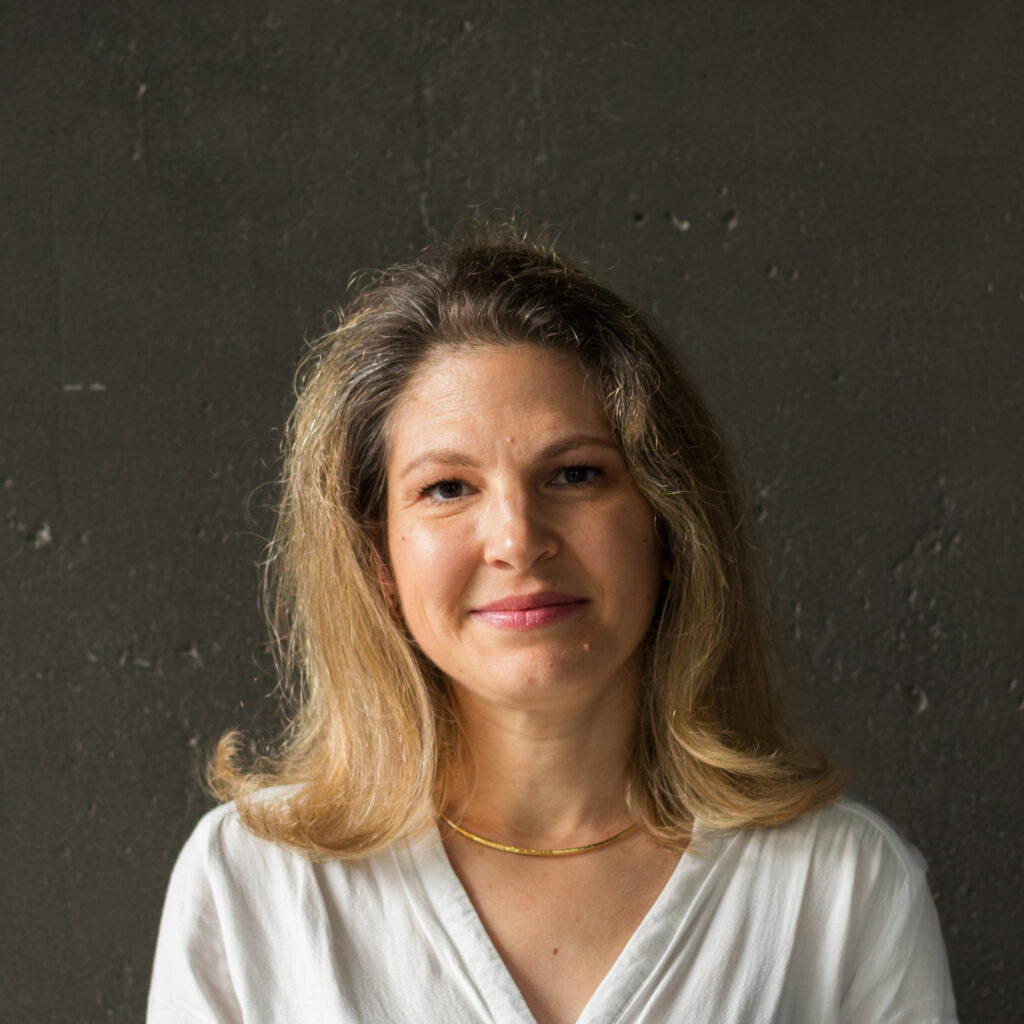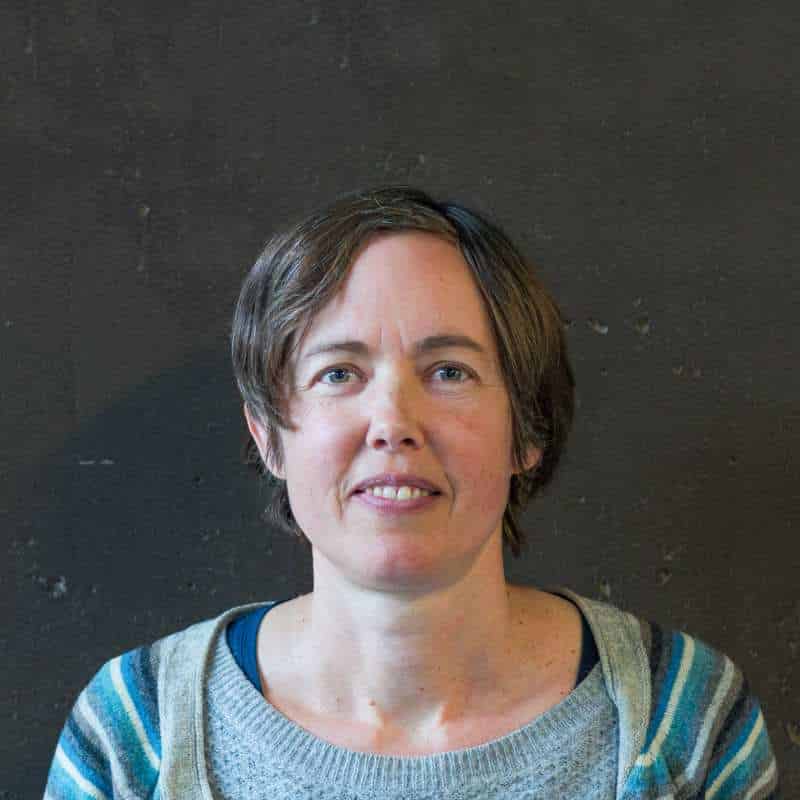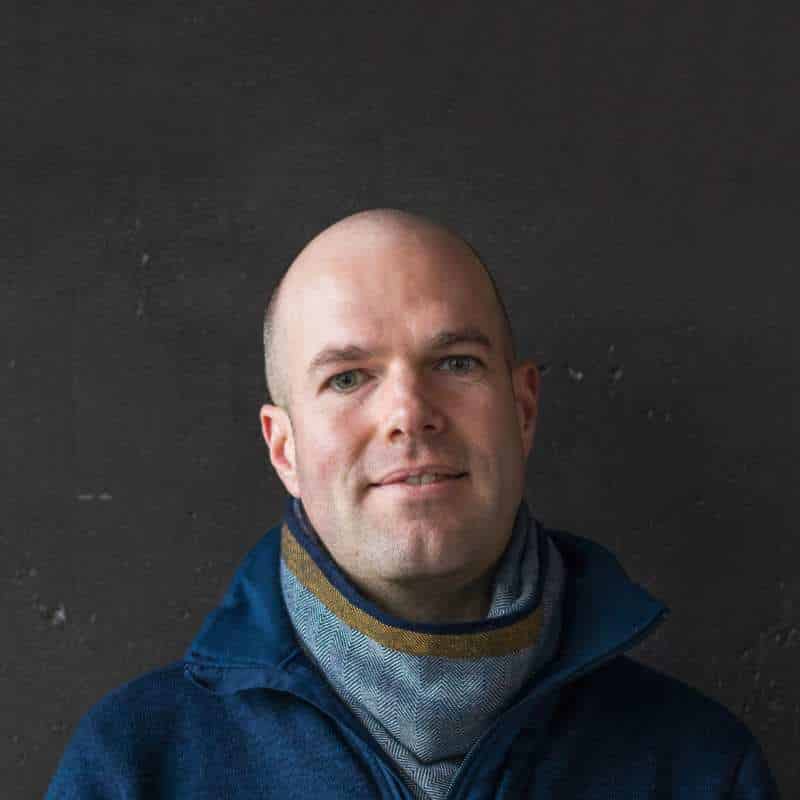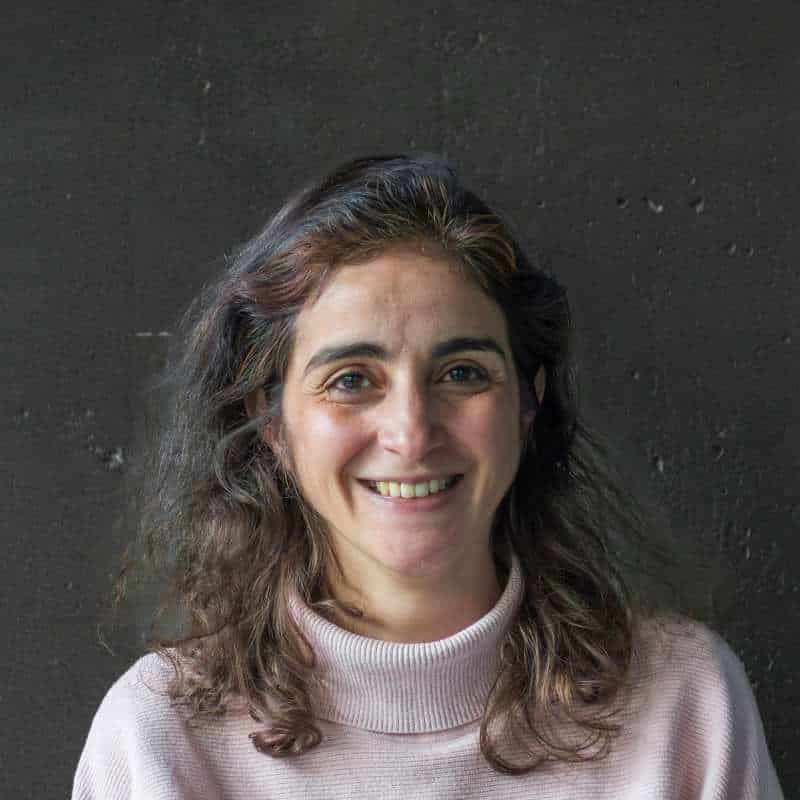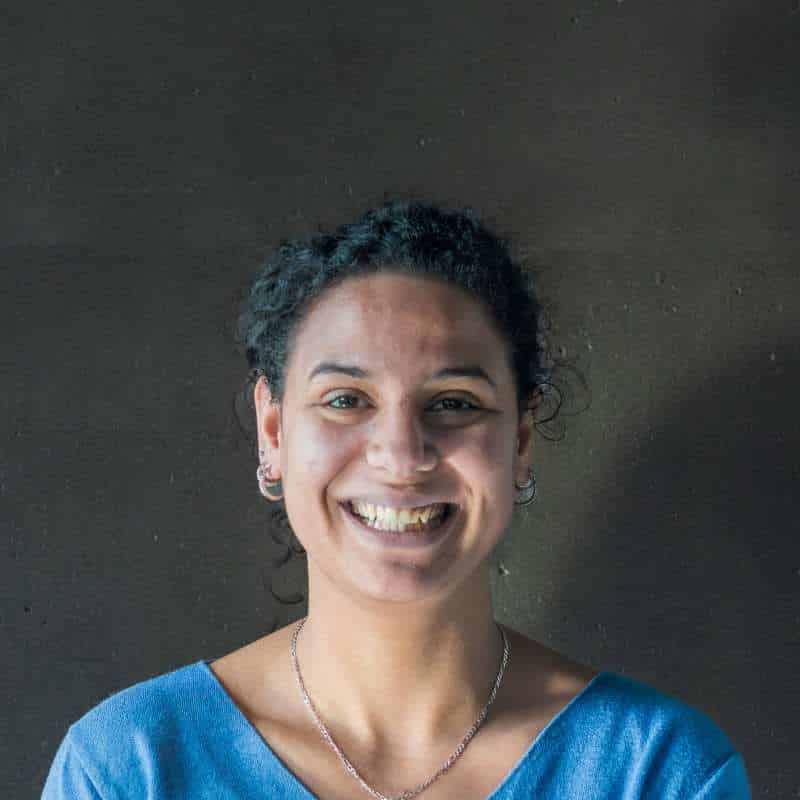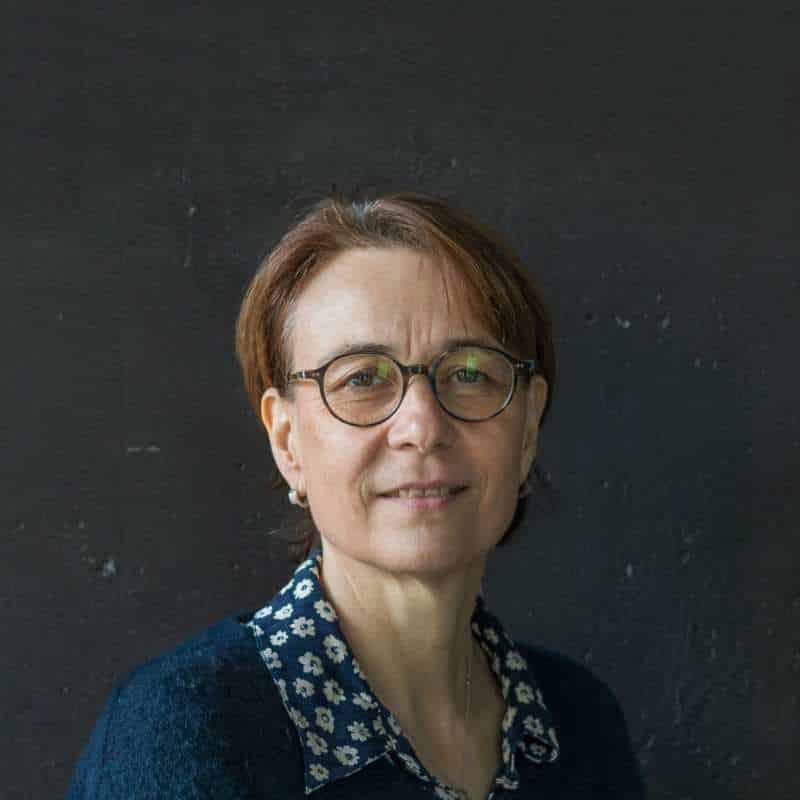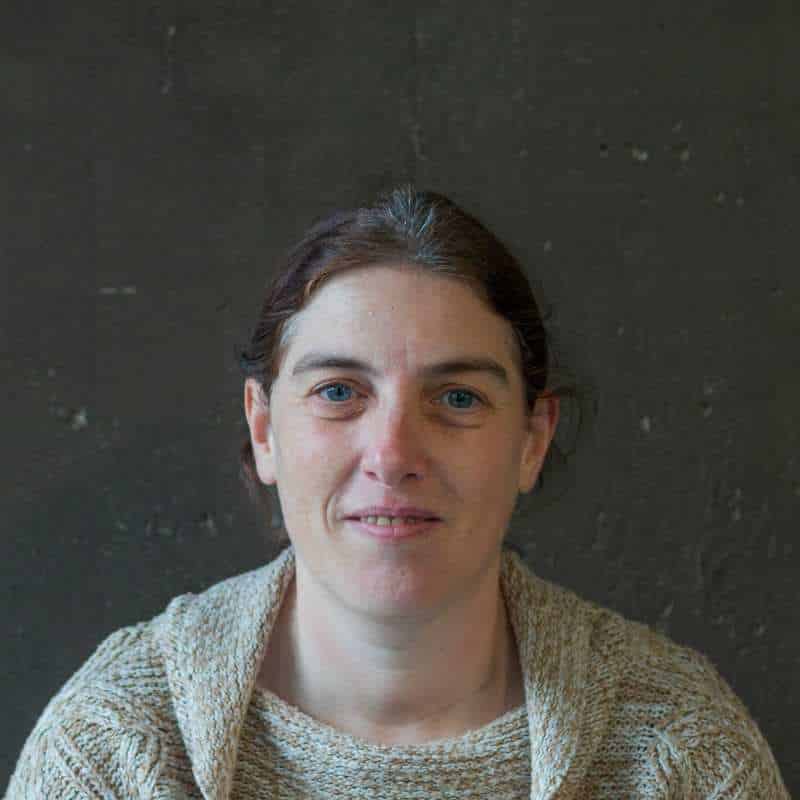-
- ComBac • Bacterial Communication
- DynPhages • Bacteriophage Genome Dynamics
- B3D • Biofilms and Spatially Organized Communities
- CPE • Commensalism and Pathogenesis of Enterococci
- MicrobAdapt • Determinants of Microbial Adaptation
- Paroi • Bacterial cell wall dynamics
- EpiMiC • Epigenetics and Cellular Microbiology
- GME • Microbial Genetics and Environment
- BaPS • Pathogenic Bacteria and Health
- PIMs • Pathogens, Immunity and Microbiota
- ComBac • Bacterial Communication
- DynPhages • Bacteriophage Genome Dynamics
- B3D • Biofilms and Spatially Organized Communities
- CPE • Commensalism and Pathogenesis of Enterococci
- MicrobAdapt • Determinants of Microbial Adaptation
- Paroi • Bacterial cell wall dynamics
- EpiMiC • Epigenetics and Cellular Microbiology
- GME • Microbial Genetics and Environment
- BaPS • Pathogenic Bacteria and Health
- PIMs • Pathogens, Immunity and Microbiota
- ChemSyBio • Biochemistry and Synthetic Biology
- ProbiHôte • Commensal and Probiotic Microorganisms-Host Interactions
- NutriPhage • Diet-driven dynamics of the gut virome
- AMIPEM • Food, Gut microbiota, Brain and Metabolic Diseases
- FME • Food Microbial Ecology
- FInE • Functionality of the Intestinal Ecosystem
- MIHA • Microbiota Interactions with Human and Animal
- PhylHom • Phylogeny and Physiology of the Human Microbiome
- ChemSyBio • Biochemistry and Synthetic Biology
- ProbiHôte • Commensal and Probiotic Microorganisms-Host Interactions
- NutriPhage • Diet-driven dynamics of the gut virome
- AMIPEM • Food, Gut microbiota, Brain and Metabolic Diseases
- FME • Food Microbial Ecology
- FInE • Functionality of the Intestinal Ecosystem
- MIHA • Microbiota Interactions with Human and Animal
- PhylHom • Phylogeny and Physiology of the Human Microbiome
-
